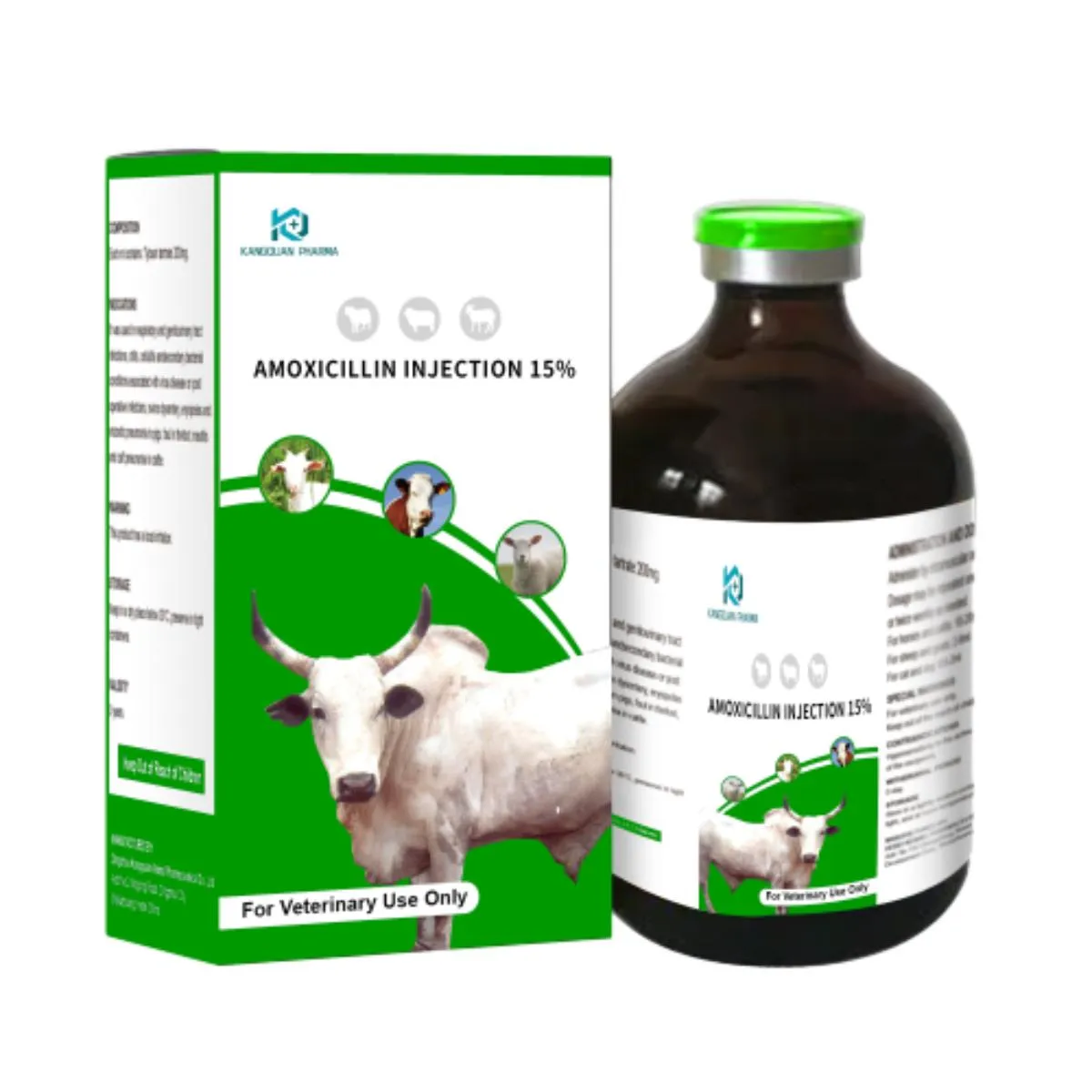- Afrikaans
- Albanian
- Amharic
- Arabic
- Armenian
- Azerbaijani
- Basque
- Belarusian
- Bengali
- Bosnian
- Bulgarian
- Catalan
- Cebuano
- Corsican
- Croatian
- Czech
- Danish
- Dutch
- English
- Esperanto
- Estonian
- Finnish
- French
- Frisian
- Galician
- Georgian
- German
- Greek
- Gujarati
- Haitian Creole
- hausa
- hawaiian
- Hebrew
- Hindi
- Miao
- Hungarian
- Icelandic
- igbo
- Indonesian
- irish
- Italian
- Japanese
- Javanese
- Kannada
- kazakh
- Khmer
- Rwandese
- Korean
- Kurdish
- Kyrgyz
- Lao
- Latin
- Latvian
- Lithuanian
- Luxembourgish
- Macedonian
- Malgashi
- Malay
- Malayalam
- Maltese
- Maori
- Marathi
- Mongolian
- Myanmar
- Nepali
- Norwegian
- Norwegian
- Occitan
- Pashto
- Persian
- Polish
- Portuguese
- Punjabi
- Romanian
- Russian
- Samoan
- Scottish Gaelic
- Serbian
- Sesotho
- Shona
- Sindhi
- Sinhala
- Slovak
- Slovenian
- Somali
- Spanish
- Sundanese
- Swahili
- Swedish
- Tagalog
- Tajik
- Tamil
- Tatar
- Telugu
- Thai
- Turkish
- Turkmen
- Ukrainian
- Urdu
- Uighur
- Uzbek
- Vietnamese
- Welsh
- Bantu
- Yiddish
- Yoruba
- Zulu
9 月 . 06, 2024 16:21 Back to list
Understanding Antimicrobial Resistance
Understanding Antimicrobial Resistance A Growing Global Challenge
Antimicrobial resistance (AMR) has emerged as one of the most pressing public health challenges of our time, threatening to undermine the effectiveness of modern medicine. AMR occurs when microorganisms such as bacteria, viruses, fungi, and parasites evolve to resist the drugs designed to kill them. This evolution can lead to treatment failures, prolonged illnesses, and increased mortality rates, posing significant risks not only to individual patients but also to healthcare systems and global health security.
One of the primary drivers of AMR is the overuse and misuse of antimicrobial agents. In both human medicine and agriculture, antibiotics are often prescribed inappropriately or used excessively. For instance, patients may demand antibiotics for viral infections, where they are ineffective, or doctors may prescribe them to ensure patient satisfaction rather than necessity. In agriculture, the use of antibiotics as growth promoters and for disease prevention in healthy animals exacerbates the situation, facilitating the spread of resistant strains.
Understanding Antimicrobial Resistance A Growing Global Challenge
Addressing AMR requires a multifaceted approach. Firstly, raising awareness among healthcare professionals and the general public about the appropriate use of antimicrobials is crucial. Educational campaigns can help demystify the reasons behind prescribing decisions and the importance of adhering to prescribed treatments.
antimicrobial resistance pdf

Secondly, enhancing surveillance systems to monitor antibiotic use and resistance patterns is essential. By collecting and analyzing data on AMR, public health officials can implement targeted interventions and policies that address the specific needs of different regions or populations.
Additionally, investing in research and development for new antibiotics, vaccines, and alternative therapies is vital. The pharmaceutical industry has faced challenges in developing new antimicrobials, partly due to high costs and the regulatory hurdles involved. Governments and private entities must work collaboratively to create incentives for the development of new drugs, while also encouraging research into novel treatment modalities, such as bacteriophage therapy or immunotherapy.
Finally, improving infection prevention and control practices in healthcare and community settings can significantly reduce the spread of resistant infections. This includes strengthening hygiene practices, promoting vaccination, and ensuring safe food handling in agricultural settings.
In conclusion, antimicrobial resistance represents a complex, multifactorial issue that necessitates a coordinated global response. By promoting responsible antibiotic use, advancing research, and enhancing infection control measures, it is possible to combat AMR, safeguarding the efficacy of antimicrobials for future generations. As stewards of public health, it is our responsibility to take action now to prevent a future where common infections can once again become deadly.
-
The Power of Radix Isatidis Extract for Your Health and Wellness
NewsOct.29,2024
-
Neomycin Sulfate Soluble Powder: A Versatile Solution for Pet Health
NewsOct.29,2024
-
Lincomycin Hydrochloride Soluble Powder – The Essential Solution
NewsOct.29,2024
-
Garamycin Gentamicin Sulfate for Effective Infection Control
NewsOct.29,2024
-
Doxycycline Hyclate Soluble Powder: Your Antibiotic Needs
NewsOct.29,2024
-
Tilmicosin Premix: The Ultimate Solution for Poultry Health
NewsOct.29,2024













